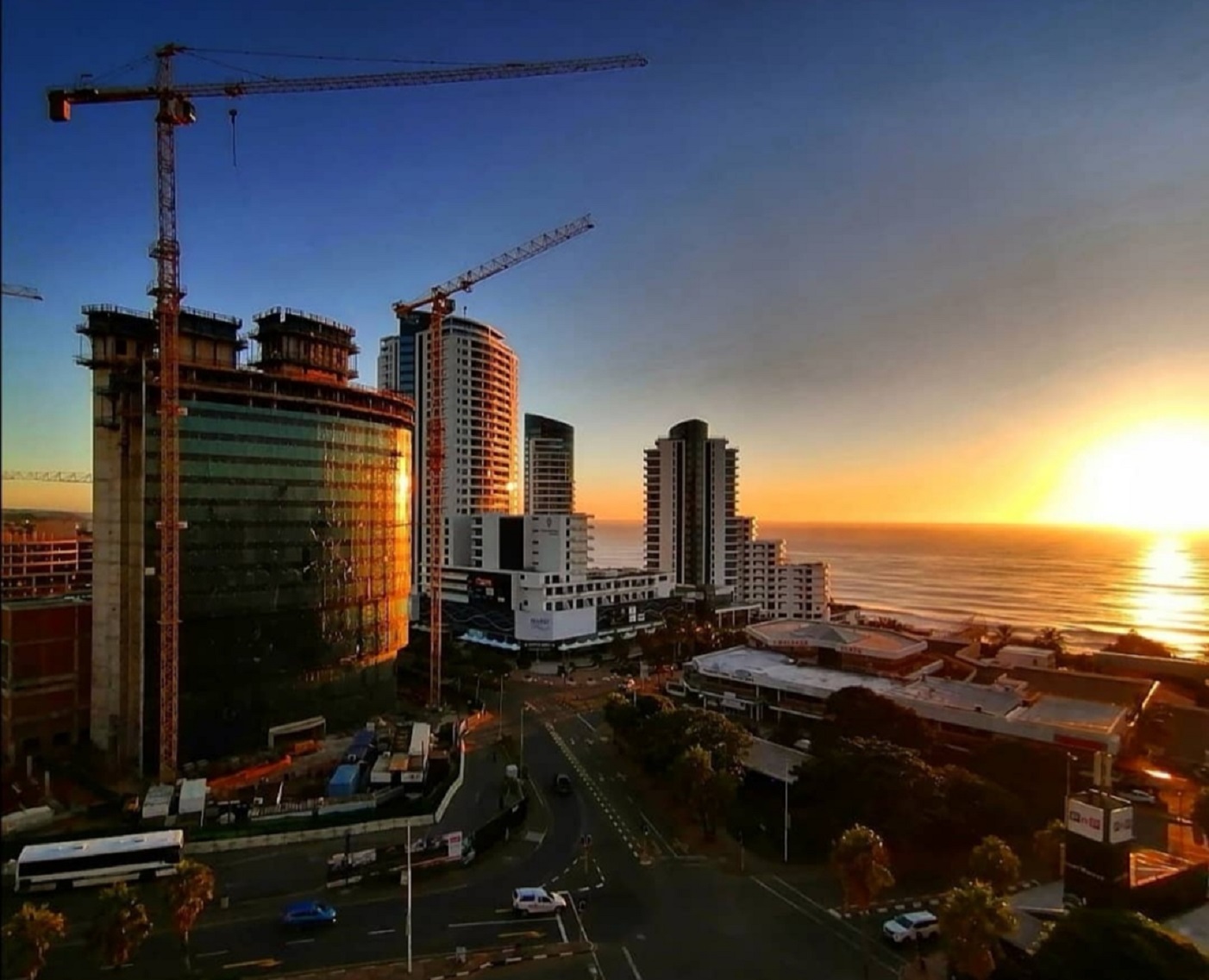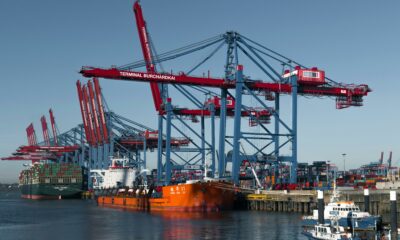Business
South Africa’s Private Sector Rebounds as Sales and Jobs Recover in April

South Africa’s private sector finally caught a break in April, climbing out of a four-month slump as improved sales helped boost output and revive job creation, according to the latest S&P Global Purchasing Managers’ Index (PMI) data.
The PMI rose to a neutral 50.0 in April, up from 48.3 in March, signaling stabilization in business conditions for the first time since November 2024. While far from a boom, this shift hints at a slow but promising turnaround for the country’s struggling economy.
Sales Spark Recovery
One of the key drivers behind this rebound was a modest yet meaningful increase in new sales orders. The uptick in demand sparked higher output and encouraged businesses to ramp up hiring—however marginal—for the first time in 2025.
“This is better news for South African businesses,” said David Owen, senior economist at S&P Global Market Intelligence. “Not only did demand conditions pick up, but supply-side conditions were healthier, with delivery times shortening for the first time in nearly two years.”
Improvements in sales were particularly notable in the services sector, where customer orders rebounded strongly. Wholesale, retail, and construction also saw gains, though industry production lagged behind, slipping from the previous month.
Port Congestion Eases, Supply Chains Recover
Adding to the positive momentum, long-standing supply chain disruptions—particularly at the Port of Durban—finally began to ease. Delivery times improved at the fastest pace since late 2018, thanks to logistical upgrades and a shift back to more reliable vendors.
As a result, companies increased their purchases of materials and inputs for the first time in four months, boosting confidence in short-term production planning.
Employment Sees First Growth in 2025
Job creation returned to the private sector in April, albeit at a slow pace. Some businesses expanded their workforces to meet rising demand, while others continued downsizing, highlighting an uneven recovery across industries.
Despite the mixed hiring picture, the consistent reduction in backlogged work—ongoing for eight months—shows that many firms have kept workloads manageable.
Rising Costs and Waning Optimism
However, not all signs point upward. Input cost inflation surged to an eight-month high in April, driven largely by a weaker rand and rising import prices. While wage growth remained subdued, the mounting cost pressures pushed businesses to raise selling prices, especially in retail and manufacturing.
Compounding concerns is the softening of business sentiment. Outlooks for future activity dropped to their second-lowest level in 19 months, as political and global trade uncertainties weighed heavily on confidence.
Still, about 40% of surveyed businesses remain optimistic about the year ahead—suggesting that while caution prevails, the private sector hasn’t lost all hope.
{Source: IOL}
Follow Joburg ETC on Facebook, Twitter , TikTok and Instagram
For more News in Johannesburg, visit joburgetc.com



























